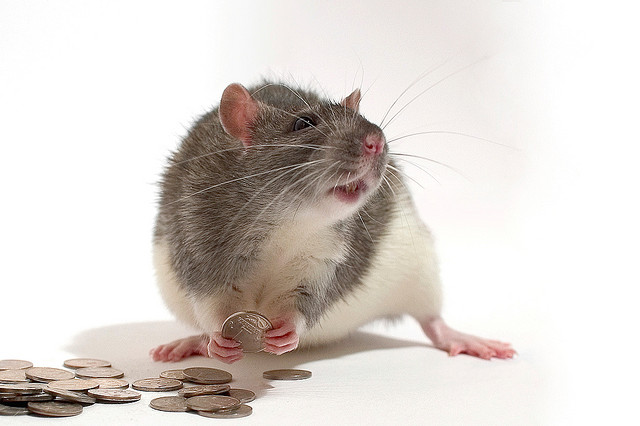
You're 22, young and free, and you've saved up hard until you have $1000 in the bank. Your job covers your necessities in life and you have a sweet babysitting gig that gives you $40 a week for luxuries, much of which you tend to blow on a nice meal with friends at a restaurant on Friday night. Except this week, when your long-time babysitting clients come back to the house, the mother looks at your embarrassedly and blurts out a long story about her ATM card not working today for some reason, and she's terribly sorry but they'll have to pay you for this week's babysitting next week.
Here's the question: do you need to call your friends and cancel this week's dinner? Your (discretionary) income this week just fell from $40 to $0, and if you're earning $0 this week then you really shouldn't be spending $20 on a meal at a restaurant. But of course, we know that "$0 per week" doesn't really describe your current situation -- you're going to get paid extra next week, and your long-term expected income hasn't changed at all.
The permanent income hypothesis predicts that people will consume not based on their short-term, transitory income but their long-term expected lifetime income. It predicts that, say, a PhD student whose current income is a small stipend but who expects to earn big bucks after finishing her degree will base her current consumption decisions on her average long-term expected income. She might even take out loans now to "smooth out" her consumption over her lifetime.
Read more about the Permanent Income Hypothesis:
Wikipedia, of course.

Uri Bram writes popular non-fiction books with a conceptual approach to mathematical, scientific and analytical thinking. He is the author of Thinking Statistically and Write Harder.